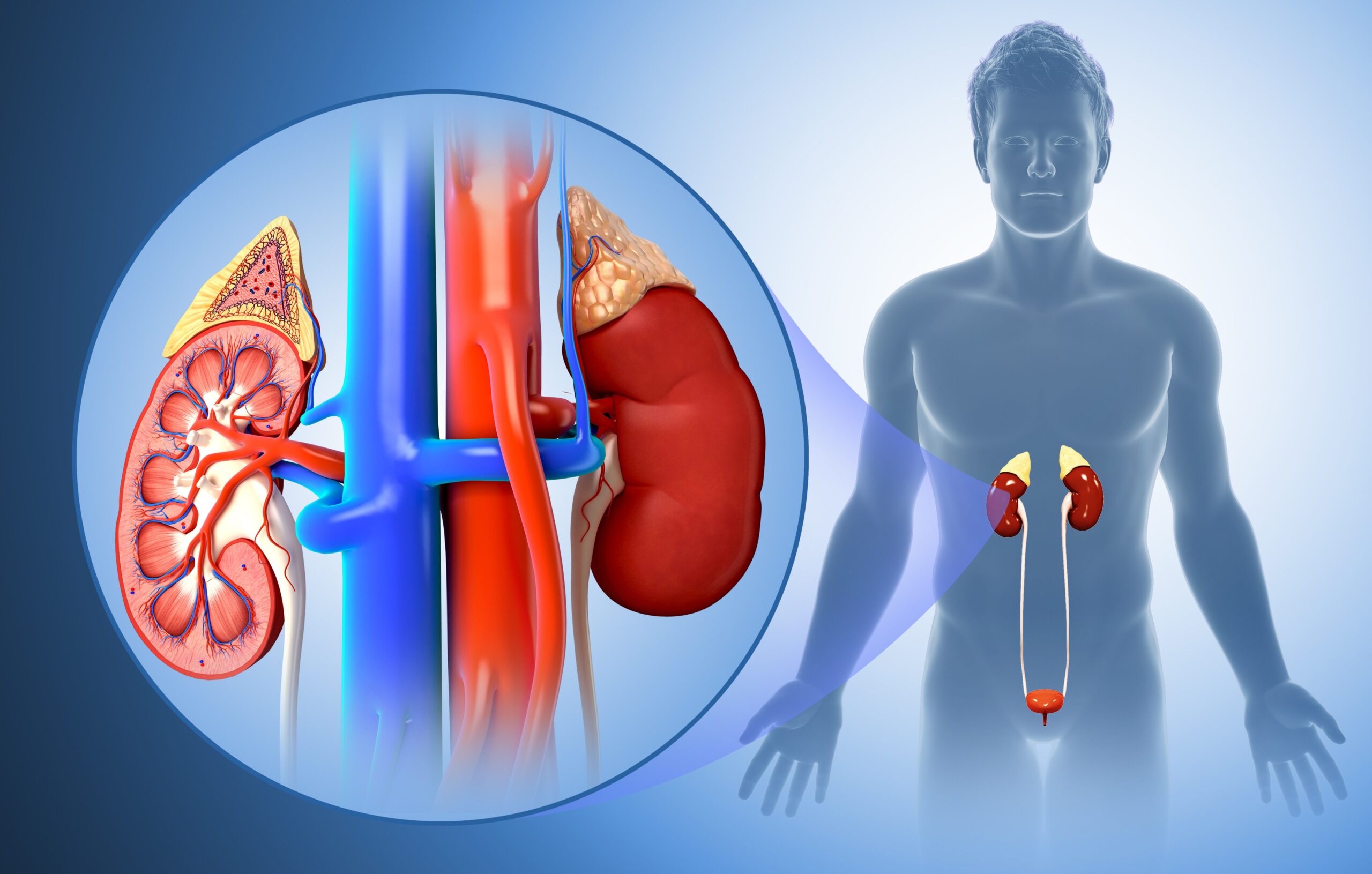Kidney Care Hospital Nashik

Kidney Care
Your kidneys play a vital role in keeping your body healthy by filtering waste, balancing electrolytes, and maintaining overall fluid balance. When kidney function is affected, timely diagnosis and expert treatment are essential. Our Kidney Care Hospital in Nashik provides complete kidney-related healthcare under one roof, from early detection to advanced treatment and long-term management.
Comprehensive Kidney Care in Nashik
Our hospital is dedicated to providing specialized and compassionate care for all kinds of kidney diseases. Whether you need preventive care, dialysis, or complex surgery, our team ensures the best outcomes with personalized treatment plans.
Common Kidney Conditions We Treat
- Chronic Kidney Disease (CKD): Gradual loss of kidney function over time.
- Acute Kidney Injury (AKI): Sudden kidney failure caused by infection, medication, or injury.
- Kidney Stones: Hard mineral deposits that cause severe pain and urinary problems.
- Glomerulonephritis: Inflammation of kidney filters that affects waste removal.
- Polycystic Kidney Disease (PKD): A genetic disorder that leads to cyst formation in kidneys.
- Urinary Tract Infections (UTIs): Infections that can spread to the kidneys if untreated.
- Hypertension-related Kidney Damage: High blood pressure that impairs kidney function.
Symptoms of Kidney Problems
You should visit a Kidney Care Hospital in Nashik if you notice:
- Swelling in feet, ankles, or face
- Fatigue or weakness
- Changes in urination (frequency, color, or foaming)
- Persistent nausea or vomiting
- Pain in the lower back or sides
- Shortness of breath or high blood pressure
Early medical attention can prevent complications and preserve kidney function.
Advanced Diagnostic Facilities
Our Kidney Care Hospital in Nashik uses state-of-the-art diagnostic tools for accurate evaluation, including:
- Blood tests (creatinine, urea, electrolytes)
- Urine analysis and culture
- Ultrasound and CT scan of kidneys
- Kidney biopsy for detailed assessment
- GFR (Glomerular Filtration Rate) estimation to measure kidney efficiency
Treatment and Services Offered
1. Medical Management
- Lifestyle modification and diet counseling
- Blood pressure and diabetes control
- Medications to manage infections or inflammation
- Regular monitoring of kidney function
2. Dialysis Services
Our hospital offers both hemodialysis and peritoneal dialysis in a clean, comfortable, and safe environment.
- Continuous supervision by trained staff
- Advanced dialysis machines
- Regular follow-ups for patient well-being
3. Kidney Stone Treatment
- Medical dissolution of small stones
- Minimally invasive procedures like ureteroscopy or lithotripsy
- Lifestyle and diet guidance to prevent recurrence
4. Surgical and Interventional Care
- Procedures for kidney obstruction or blockage
- Catheter placement for dialysis
- Treatment for renal cysts and tumors
Why Choose Our Kidney Care Hospital in Nashik
- Comprehensive diagnosis, treatment, and rehabilitation under one roof
- Latest technology and equipment for accurate results
- Highly skilled specialists and support staff
- Patient-centric approach with personalized care plans
- Emphasis on prevention and long-term kidney health
- Hygienic, safe, and comfortable facilities for all patients
Post-Treatment and Preventive Care
We believe kidney care doesn’t end with treatment. Our team provides long-term support through:
- Regular health check-ups and lab monitoring
- Customized diet plans for kidney health
- Counseling for lifestyle and medication management
- Preventive education for patients with diabetes or hypertension
Frequently Asked Questions (FAQ)
Fatigue, swelling in the legs, and changes in urination are some of the early symptoms that may indicate kidney problems.
Yes, in early stages, lifestyle changes and medication can help slow progression and maintain kidney function without dialysis.
Patients with high blood pressure, diabetes, or a family history of kidney disease should get kidney function tests every 6 to 12 months.
Dialysis is generally painless. Some patients may feel mild discomfort during needle insertion, but the procedure itself is well-tolerated.
Yes, kidney stones can recur if preventive steps are not followed. Staying hydrated and following dietary advice is essential.
Yes, our Kidney Care Hospital in Nashik provides 24×7 emergency care for acute kidney issues and complications.

